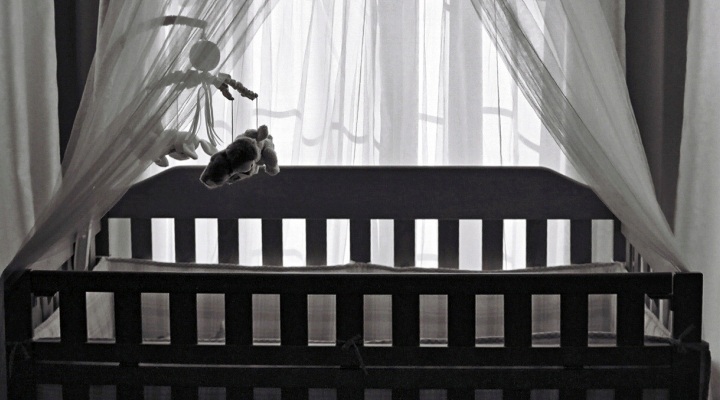Contact Us
After holding my lifeless daughter through the night, it was time to give her tiny body to the nurse. The sun was coming up, but I was sure there would never be a darker moment. Until I looked outside my hospital-room window a while later and saw cars going through a fast-food drive-thru. Life continued, despite my heart, mind and body feeling crippled, forever changed, by the trauma of my baby’s death at birth. It was the first sign that grieving would be a highly personal journey. But one no one has to take alone.
If you have recently experienced pre- or post-natal loss, you likely feel lost. Many women have walked before you and have encouragement to offer, as well as some concrete ideas on healing your broken heart.
- Feel your pain. When the tears start to gather, give yourself permission to be sad. Some women said they actually gave themselves a time each day to wallow, cry, express anger – and that made them less likely to feel like they were fighting back emotion the rest of the day.
- Exorcise the what-ifs. You can drive yourself crazy with questions and doubt. Ask your doctor to walk you through the medical facts of your situation. Write them down so you don’t get sidetracked by misguided guilt. Accepting the unacceptable is part of the grief process.
- Take care. Your body needs rest and fluids not just for the physical trauma you’ve experienced, but to mitigate the effects of stress on your body. Shower daily. Taking walks to help your body and mind. Get out. A change of scenery from your own home or even town can help you gain some perspective.
- Lower your expectations of others. “My family saw my loss at 26 weeks as ‘just’ a miscarriage,” Jacque remembers. “You will hear comments that will drive you crazy, but people don’t know what to say.” Indeed, you will learn a lot about your family and friends during this time. Some will rally, others will step back or decide themselves when they think you should be “better.” Don’t judge their reactions. Accept what support is offered and realize that most have not, thankfully, experienced your pain.
- Consider the comfort of rituals. Some women scrapbook memories of their child. Others release balloons on birthdays. A Christmas ornament, a charm, a painting – memorials of all sizes are meaningful ways to honor those we love.
- Beware of extremes. You may want to get pregnant again as soon as possible. Or you may be petrified. Giving yourself time to heal physically and emotionally will strengthen you for future pregnancies. I hated hearing this, but it’s true.
- Nurture your marriage. Men and women express and experience grief differently. It’s crucial to stay connected during this hard time through sharing and communicating.
- Consider counseling. A grief group, church leader or individual counselor might help you and your husband move forward. Each time you tell your story it becomes a part of you, not just something that happened to you. Being with others experiencing the same journey can be heartening.
- Expect ups and downs. Crying spontaneously after tearless days doesn’t mean you are moving backwards. That’s the process. Most people bounce between stages of denial, anger, bargaining, depression and acceptance. It’s not a straight climb to “better,” but more a series of rolling hills over time that will lead to acceptance.
Be gentle with yourself. You are a changed and changing woman. “I remember at our grief group, our leader said we would become different people because of this,” said Angela, who son died shortly after being born full-term. “I resisted that. I was happy with who and where I was. But now I see how true this is. Loss is something one will never get ‘over.’ It must be incorporated into your life because it will forever be a big part of who you are.”
More resources:
Susan Besze Wallace is a writer based in Northern Virginia. A mother to three boys on earth and two babies in heaven, she attended and later helped facilitate a hospital-based grief group.
